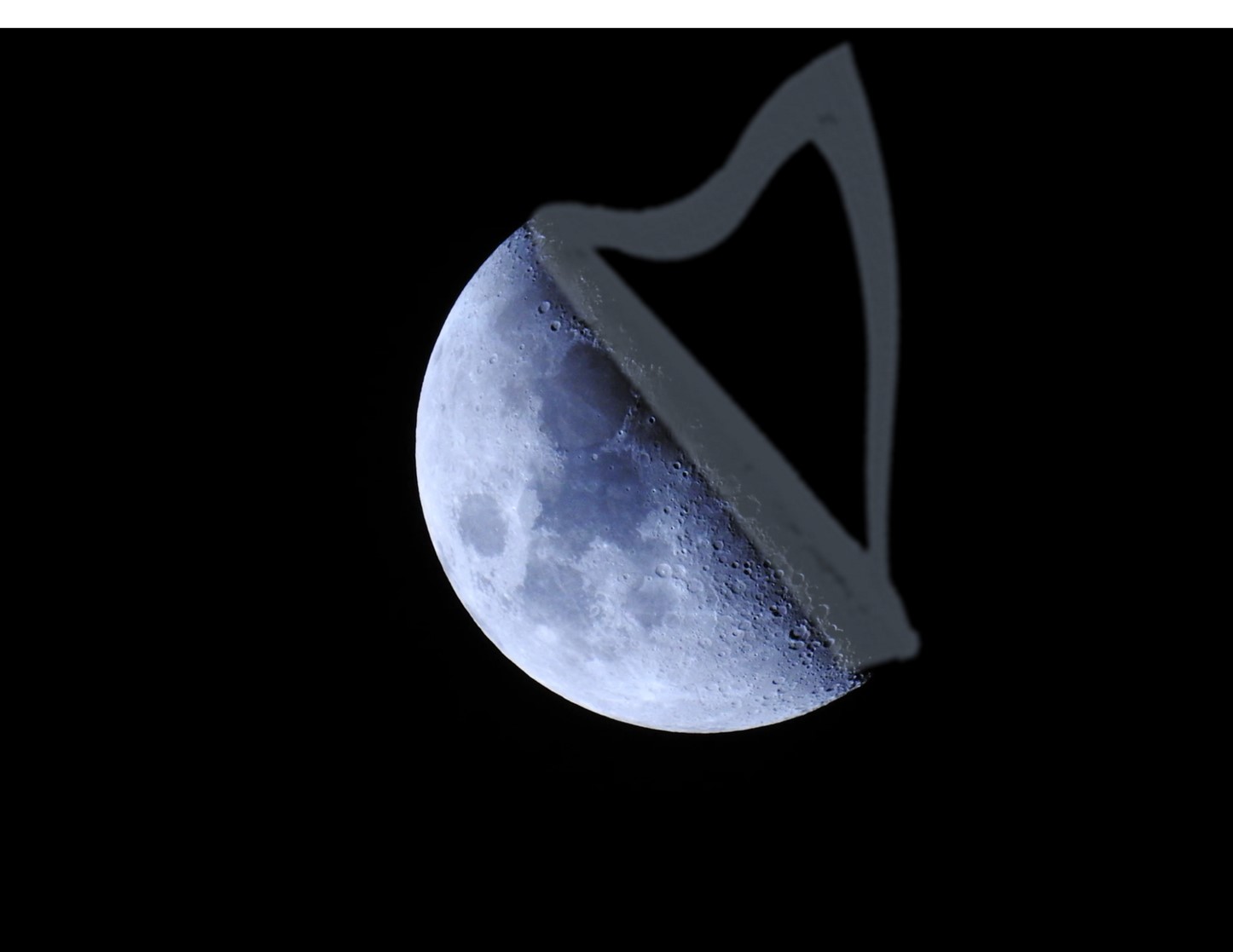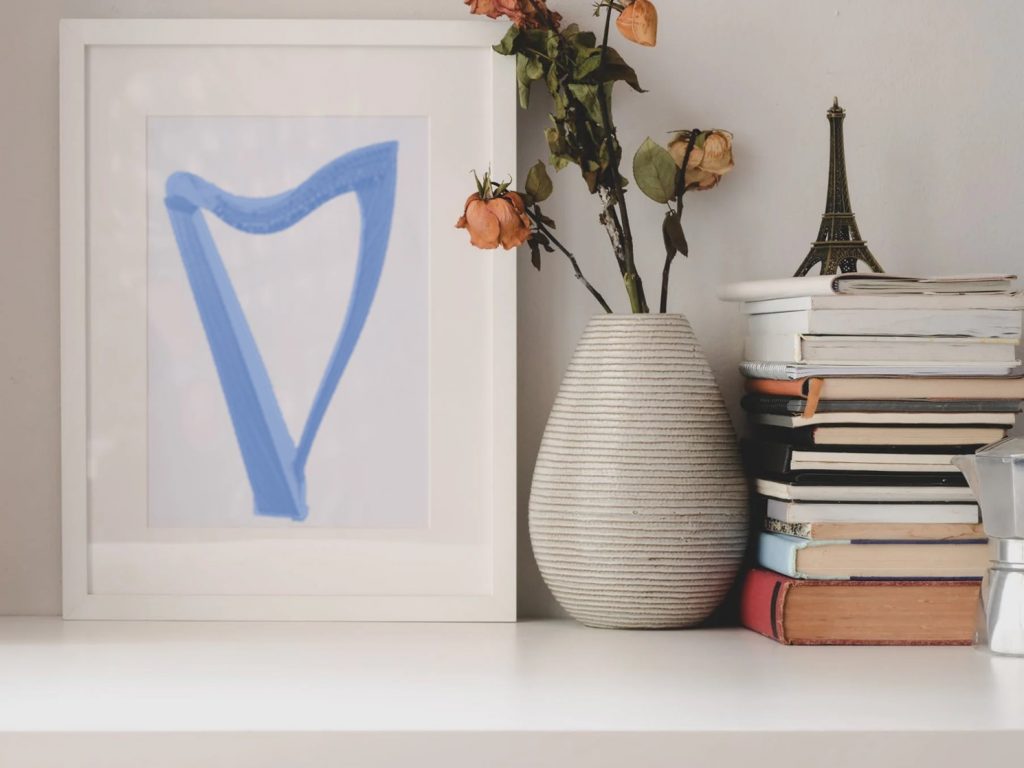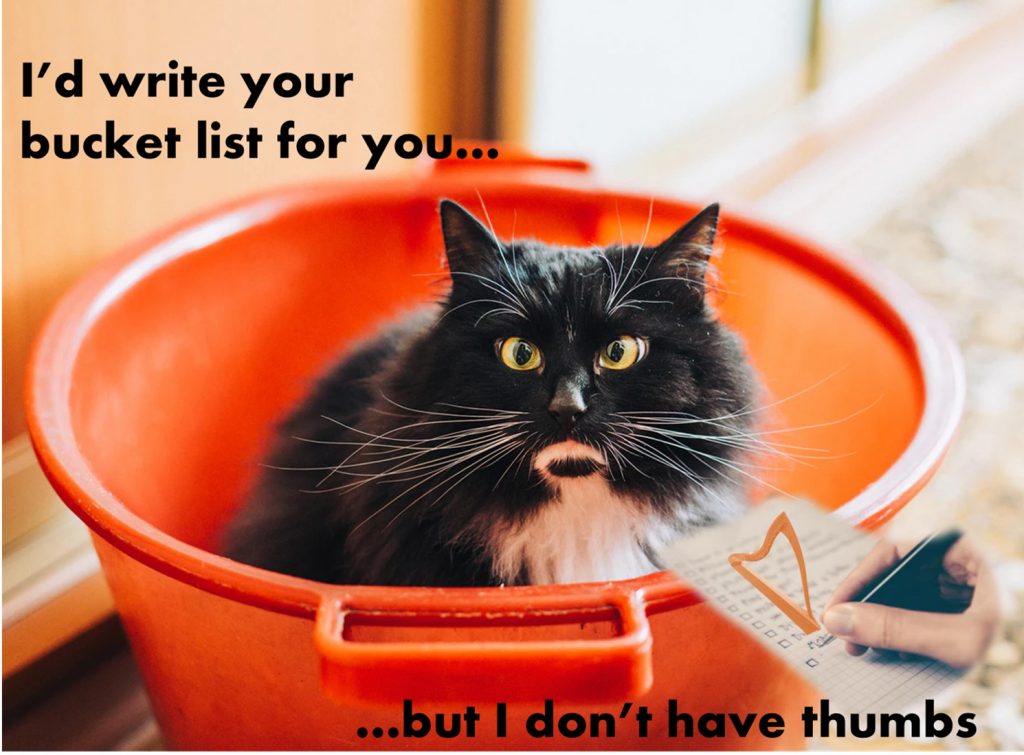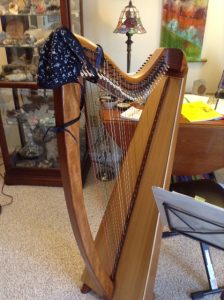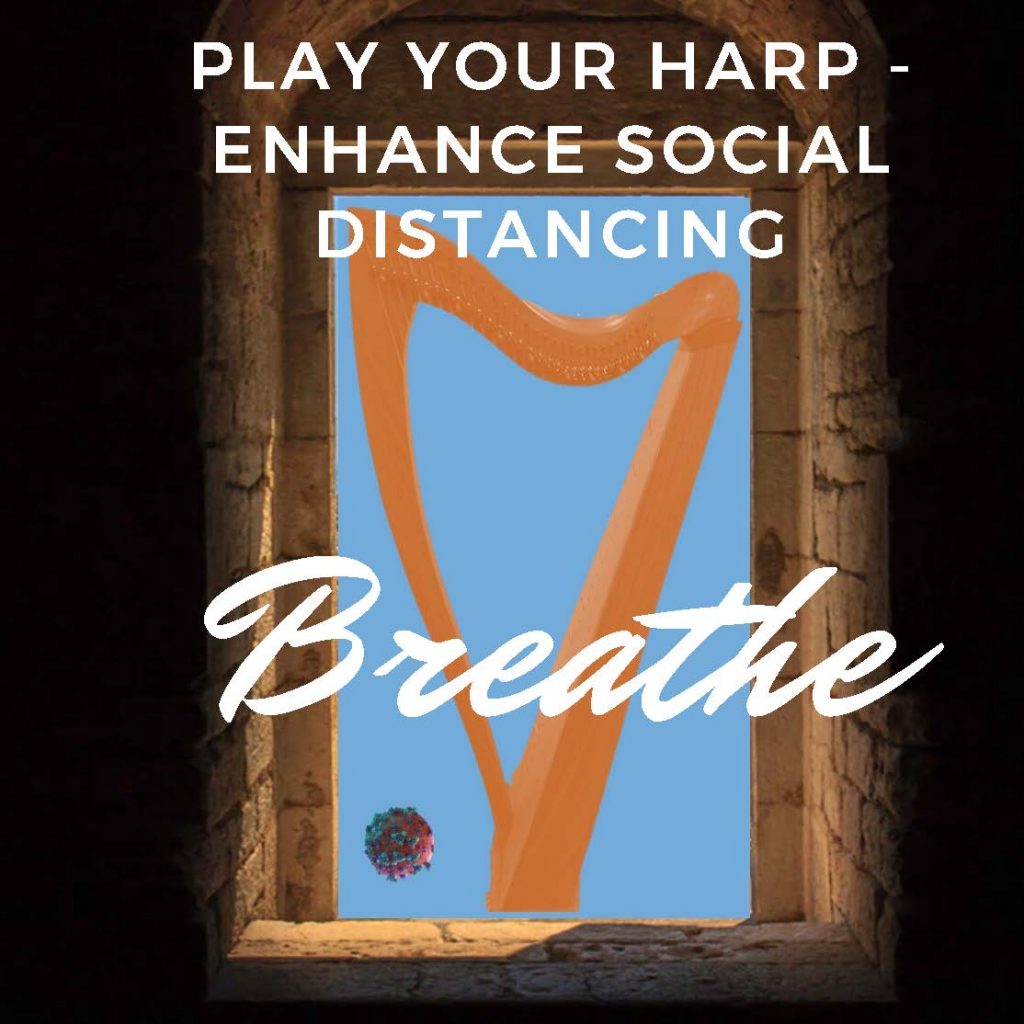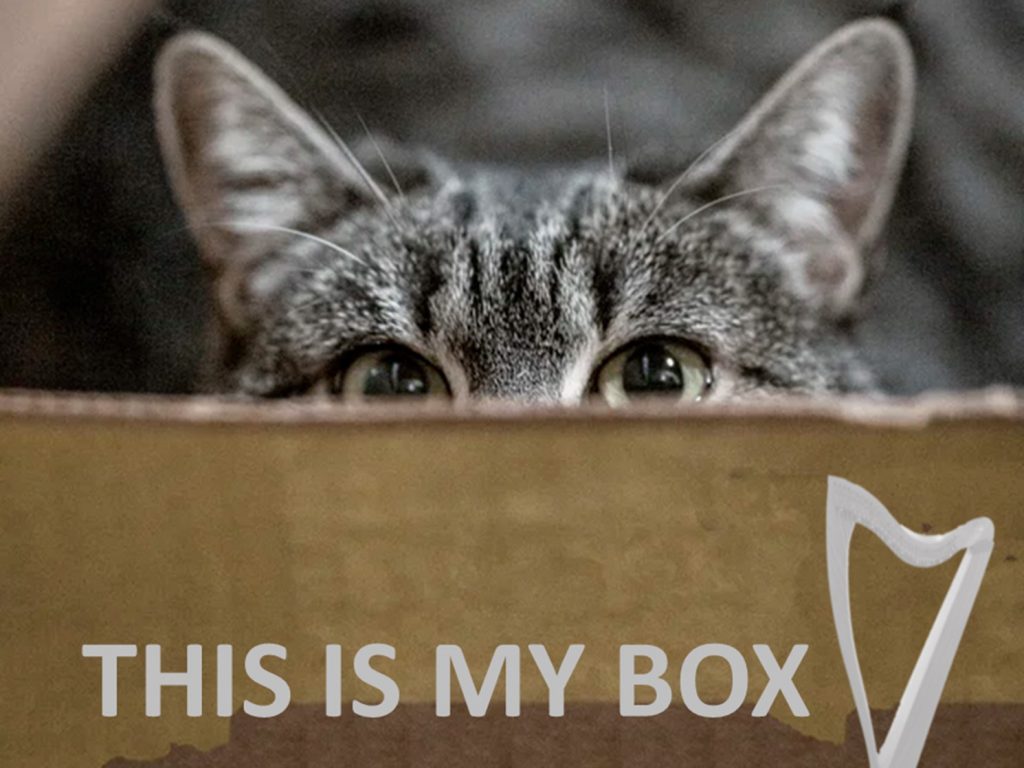My good friend and I were chatting the other day and she asked, “What’s the tune of the week?” To which I replied, “ummmmmm” (because I’m a clever conversationalist like that). And because I had started working on five tunes all at once, I couldn’t answer the question because I wasn’t really learning them very well. Ok, really I hadn’t learned any of them (up to and including not being able to remember any of the titles!).
That got me to thinking – when you’re trying to learn new music, do you often have that sinking feeling that you are never going to get it? Does it seem like every tune you learn is longer than you thought (or maybe the harder you try to learn it, the more the number of phrases telescopes!). Do you laugh inside your head and blame increased age? Do you secretly think maybe it’s just going to be too hard to get into your head? Does it seem like everyone around you is always learning about 50 tunes really quickly while you struggle to get just one?
Asking for a friend.
 So, how can we make the whole process of learning a tune a little more palatable? Take smaller bites! You’ll enjoy it more. And it’s better for you.
So, how can we make the whole process of learning a tune a little more palatable? Take smaller bites! You’ll enjoy it more. And it’s better for you.
There are so many ways to get the music into your head but you can be sure that the “all at once” approach is one of the most frustrating. Let’s think about this. Ok, I really mean, let’s extend my eating metaphor. For your next tune, try taking “smaller bites” and like fine dining, arrange your learning into “courses”.
First, we’ll have the Appetizers – Study the music. No matter if you are ingesting the tune from printed music or learning by ear, take time to actually study the music. Analyze it. What is the structure? Where is it? What type of tune is it? What are the small motifs? Are there larger patterns or “story arcs” (if it were a TV show would you know who did it at the end of the episode or the end of the season?). Do not skip this course – it may feel like all you’re doing is killing time, but it is actually the start of learning. This is also when you might start listening and beginning to try to sing along.
Then we’ll have the Entree – Bring out the knives! We know that music is a collection of patterns. But also keep in mind that it is a bunch of small patterns that banded together to make bigger patterns and those bigger patterns banded together to make up the tune. The smaller patterns might be phrases and the larger patterns might be the parts. And of course, the biggest pattern is the overarching tune. While the smaller patterns maybe be easy to find, these larger patterns may be difficult to discern (or to remember) as patterns. So if necessary, break those larger patterns into smaller bites. And just like the entree, you need to be sure not to eat one thing at a time on your plate before going on to the next – DO NOT spend all this time playing from the first measure – break it up and work on the parts that need work. Start at the end and work backward, or pick a measure in the middle and start there. This is, of course, where the bulk of what feels like work will occur. Do not be fooled…the other courses are also work – value that time!
Like any fine meal, no matter how tasty or satisfying the Entree is, one simply does not leave out the finale.
Dessert!! – How sweet it is. If you have taken the time to do the work of the previous courses, you will find that the music has become easier to learn and that you learn it more quickly – what could be sweeter than being able to play the music you like so well! However, this is just as much a part of the meal as the other courses – the sweet stuff is when you are polishing, finishing, and finalizing your music. Be sure to include the dynamics and expression, develop your accompaniments, and put your touches (or interpretation) on the tune. Really enjoy – no, revel – in the dessert!
Once you’ve tried this bite sized approach a few times, just like meals, you’ll find you have favorites – those approaches that you enjoy and get the most from. That’s a great idea – these are the “macaroni and cheese” of your practice, but be sure not to stick just to the comfortable dishes – be sure to have a balanced diet of techniques, analysis, and thinking about the music as you continue to grow.
Of course, like a full course meal, you want to take your time, savor the delicacies, and really enjoy the process. Unlike a fine meal, when you are practicing, you don’t have to worry about which fork to use!

